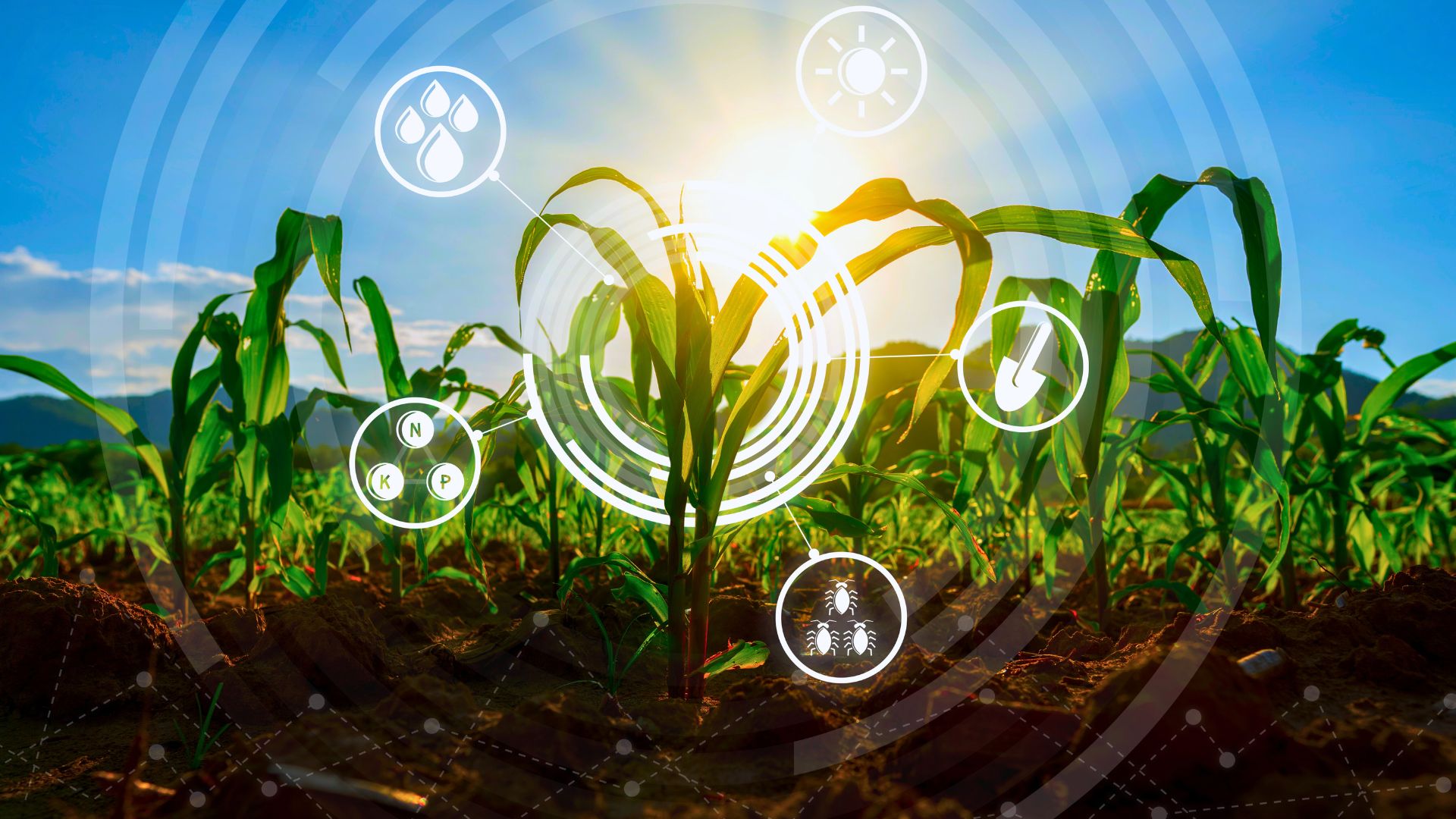
- 05 Jul 2023
Urbanisation is rapidly accelerating worldwide, with over 50 percent of our population living in urban areas around the globe. In 2050, the World Bank anticipates that nearly 7 out of 10 people will live in cities. It’s no wonder that the smart city concept has triumphantly emerged as a solution to address the copious challenges faced by the world’s most densely populated urban areas.
Smart cities possess the potential to revolutionise the functioning of urban populations, paving the way for enhanced efficiency and sustainability within cities. One of the key elements of a prosperous smart city constitutes the creation of efficient food management systems that foster sustainable, zero-waste, food security for its residents.
Through the integration of advanced technologies, data-driven solutions, and innovative practices, smart cities are revolutionising the way food is produced, distributed, and consumed.
Copenhagen, New York City, and Vienna all have one thing in common, their shared pursuit of smart farming, which they introduced by way of urban agriculture and vertical farming solutions. Smart urban farming has allowed these cities to enhance local food production by utilising space-saving techniques such as hydroponics, aeroponics, and vertical gardens, proving that cities can not only produce fresh produce within their boundaries, but also create a sustainable future along the way.
These innovative farming methods allow for the efficient use of resources, such as water and land, while minimising the need for transportation and reducing carbon emissions at the same time. Further, urban agriculture not only enhances food security by providing locally grown, nutritious food but also contributes to greener, more sustainable urban landscapes of cities.
Another key aspect worth considering is the optimization of the food supply chain’s efficiency, whereby smart cities are able to leverage technology to enhance the food supply chain, from farm to fork. With the support of real-time data analytics, Internet of Things (IoT) devices, and blockchain technology in cities like Paris and Stockholm, the tracking and monitoring of food products across the entire supply chain has never been simpler. This transparency has aided in the prevention of food spoilage, reducing overall losses, and ensuring the freshness and quality of food. Smart logistics systems can also optimise transportation routes, reducing fuel consumption and congestion while improving delivery efficiency.
Smart retail and consumption in cities can also support the effective management of food waste. New gadgets such as smart refrigerators equipped with sensors and connectivity can monitor food inventory, expiration dates, and nutritional content. They provide consumers with personalised recommendations and alerts to reduce food waste and make informed purchasing decisions. Through mobile applications, users may access information about food sources, nutritional values, and sustainable alternatives, empowering individuals with the ability to choose healthier, more environmentally friendly options.
Citizen Engagement: Collaboratively enhancing the smart city food system
In the midst of countless advancements that have enriched the lives of urban residents, the promotion of sustainable food management through community-driven approaches has gained momentum. Under this approach, active participation of local communities is encouraged to understand the food-related challenges a particular community is facing, whilst considering feasible solutions that prioritise the well being of the local community, as well as the environment. Initiatives like community gardens, educational programs, and workshops, serve as catalysts for urban farming, responsible consumption, and waste reduction.
By involving smart city residents in food system processes, a heightened sense of ownership and responsibility towards sustainable food production will inevitably prevail. Facilitating collaborations among residents, local businesses, and organisations, which will in turn, lead to innovative solutions, the sharing of best practices, and collective efforts towards a sustainable future.
Paradigm shift: Can smart cities be the new blueprint for effective food management?
The benefits of food management in smart cities vary and can create a real impact on the lives of its citizens. Not only are smart cities able to optimise distribution and supply chain processes, they can also ensure a more efficient and reliable food system through the use of sophisticated technologies like AI, IoT, and data analytics, to help cities monitor and manage food production, transportation, and storage.
Furthermore, as the race to sustainable cities continues, initiatives to promote sustainable resource management are underway. Through smart agriculture techniques, smart cities are able to minimise water consumption, land use, and carbon emissions, contributing to the conservation of resources and mitigating climate change. Finally, through the reduction of food waste via real-time monitoring, smart cities can prevent food waste along the supply chain, educate consumers about responsible consumption, and enable efficient recycling and composting practices.
Smart cities are leading the way towards a more sustainable and resilient future. By harnessing the power of innovation and community engagement, these cities are not only optimising the efficiency of the food supply chain, but also empowering individuals to make informed choices that benefit both the environment and their well-being. As we continue to witness the positive impact of smart cities on food management, this paradigm shift is essential for creating thriving urban environments that prioritise sustainability and ensure a better quality of life for generations to come.